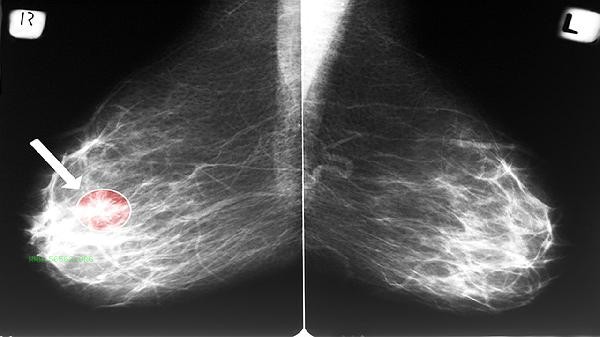High eosinophil count may be caused by allergic reactions, parasitic infections, chronic inflammation, bone marrow proliferative diseases, endocrine disorders, etc. It can be improved through anti allergic therapy, deworming therapy, anti-inflammatory therapy, bone marrow suppression therapy, hormone regulation, and other methods.

1. Allergic reactions:
Eosinophils are involved in the process of allergic reactions. When the body comes into contact with allergens such as pollen, dust mites, and food, eosinophils release mediators such as histamine, leading to an increase in count. Commonly accompanied by symptoms such as skin itching and urticaria. Treatment should avoid contact with allergens and use antihistamines such as loratadine and cetirizine.
2. Parasitic infection:
Parasitic infections such as roundworms and hookworms can stimulate the proliferation of eosinophils. Parasitic metabolites act as antigens to activate the immune system, leading to an increase in the absolute value of eosinophils. Patients may experience symptoms such as abdominal pain and weight loss. After diagnosis, deworming treatment such as albendazole and benzimidazole is required. 3. Chronic inflammation: Chronic inflammatory diseases such as rheumatoid arthritis and ulcerative colitis can continuously stimulate bone marrow hematopoietic function, causing an increase in eosinophil reactivity. These patients usually have primary symptoms such as joint swelling and pain, diarrhea, etc. Controlling inflammation is the key to improving indicators.
4. Bone marrow proliferative diseases:

Bone marrow abnormal proliferative diseases such as polycythemia vera and chronic myeloid leukemia can directly lead to clonal proliferation of eosinophils. This type of disease may be accompanied by systemic symptoms such as splenomegaly and night sweats, and requires treatment with bone marrow suppressive drugs such as hydroxyurea or interferon.
5. Endocrine disorders:
Endocrine diseases such as hypothyroidism and diabetes may indirectly affect the differentiation of basophils through metabolic disorders. Patients often exhibit symptoms such as fatigue and weight gain. After correcting thyroid hormone levels or controlling blood sugar, eosinophil counts can gradually return to normal.
It was found that the increase of eosinophils needs to be comprehensively judged in combination with other blood routine indicators. It is recommended to improve allergen testing, parasite screening, bone marrow puncture and other examinations. Daily attention should be paid to keeping the environment clean and avoiding contact with allergens. Adding foods rich in vitamin B such as whole grains and green leafy vegetables to the diet can help regulate hematopoietic function. Moderate exercise can improve the immune status of the body, but it is necessary to avoid triggering histamine release through intense exercise. Regularly review changes in blood routine monitoring indicators. If there is a continuous increase or accompanied by obvious symptoms, seek timely medical attention from the hematology department.










Comments (0)
Leave a Comment
No comments yet
Be the first to share your thoughts!